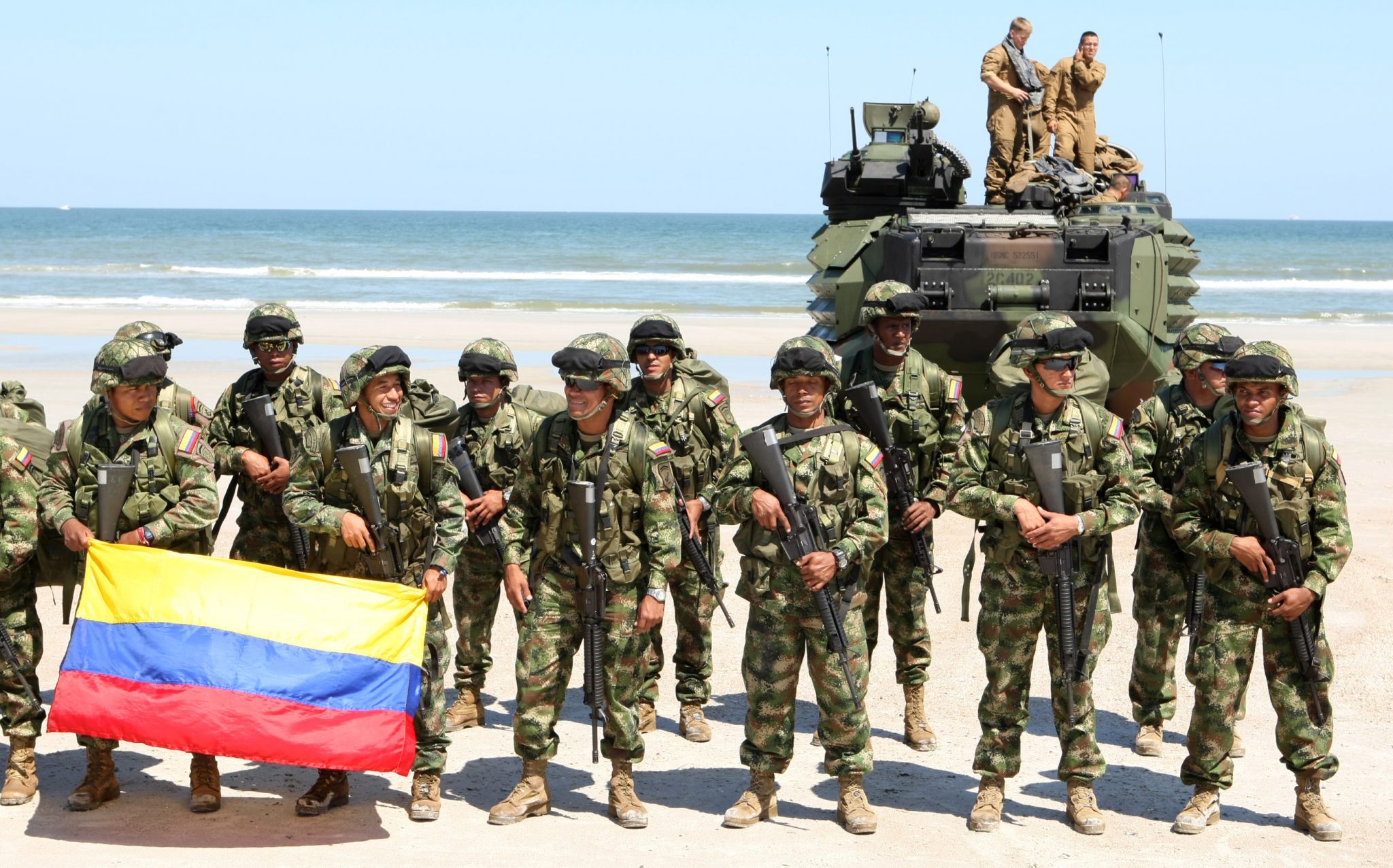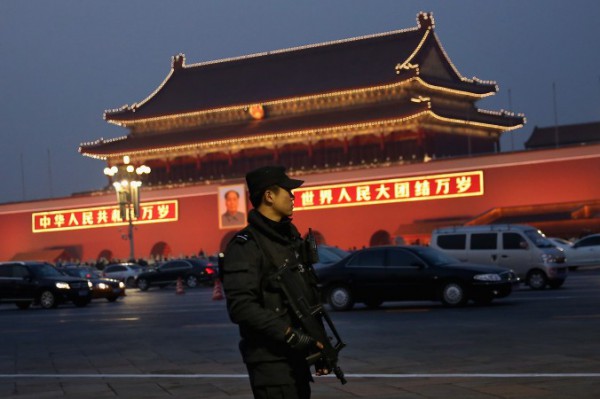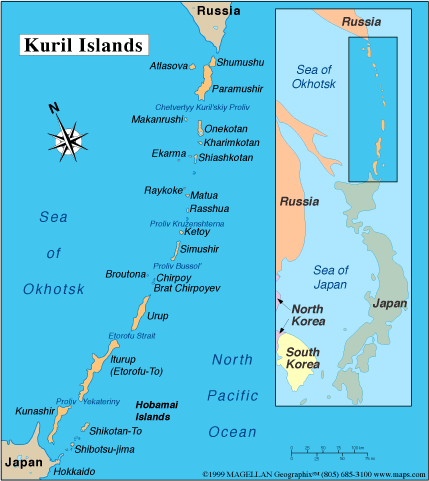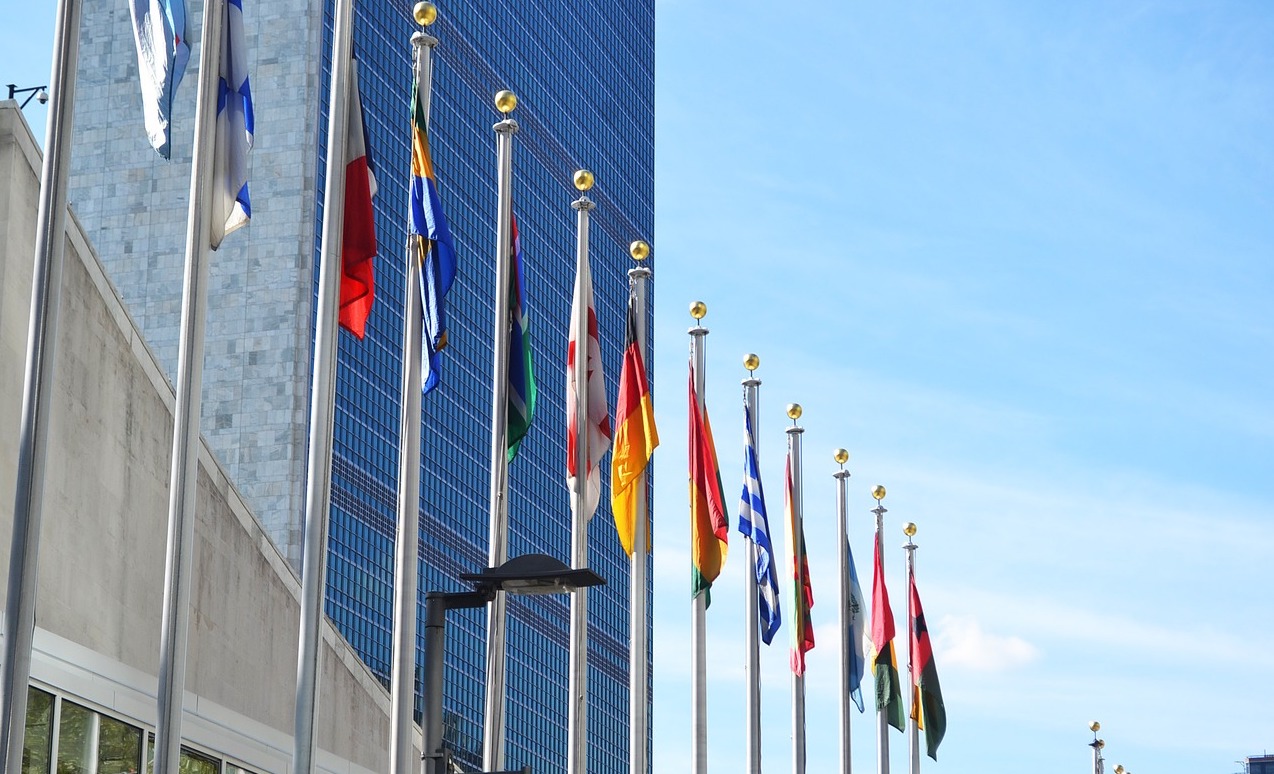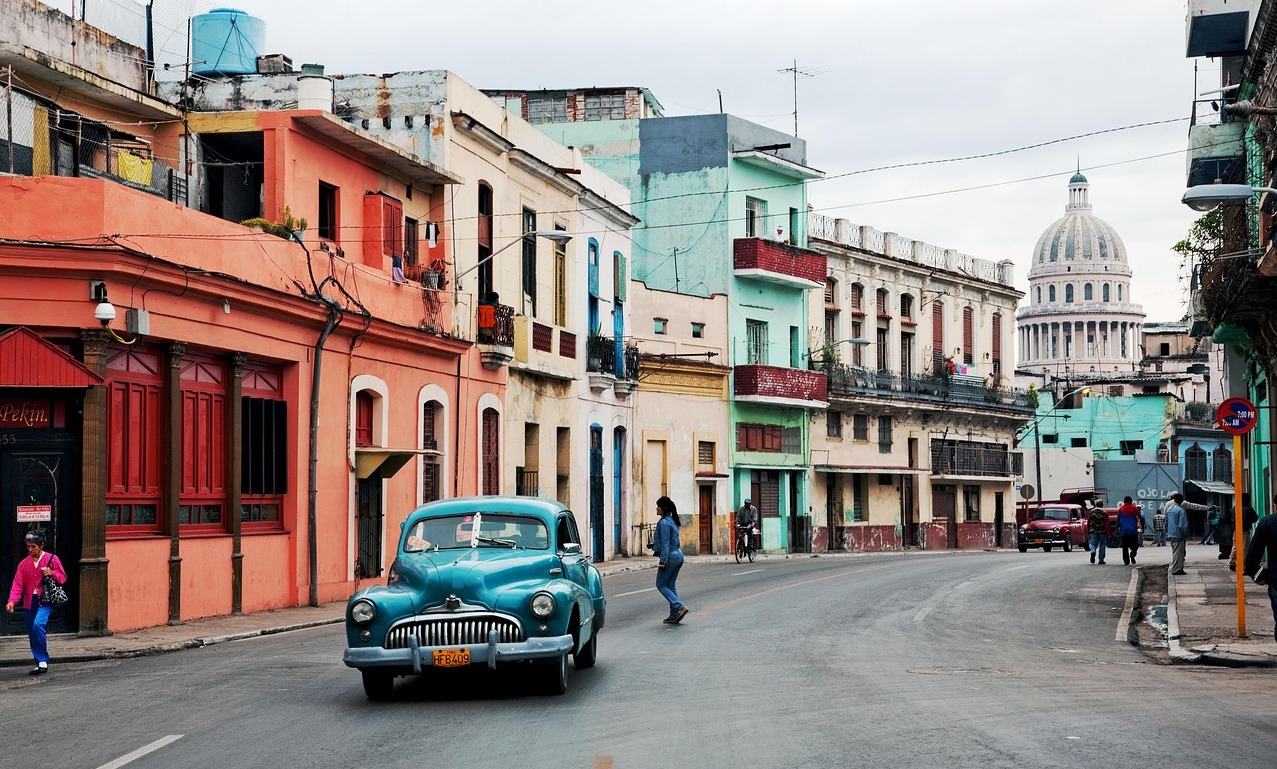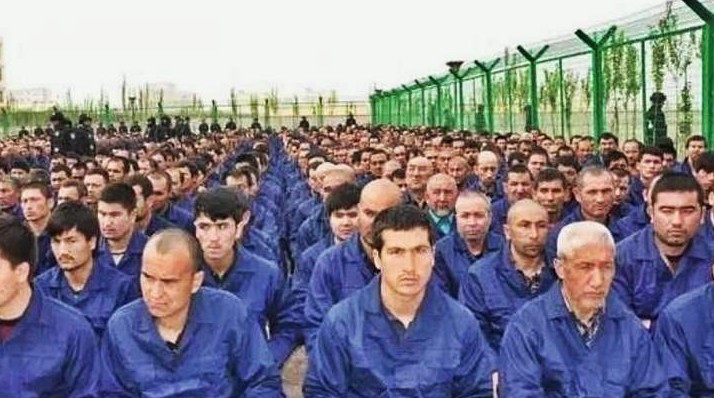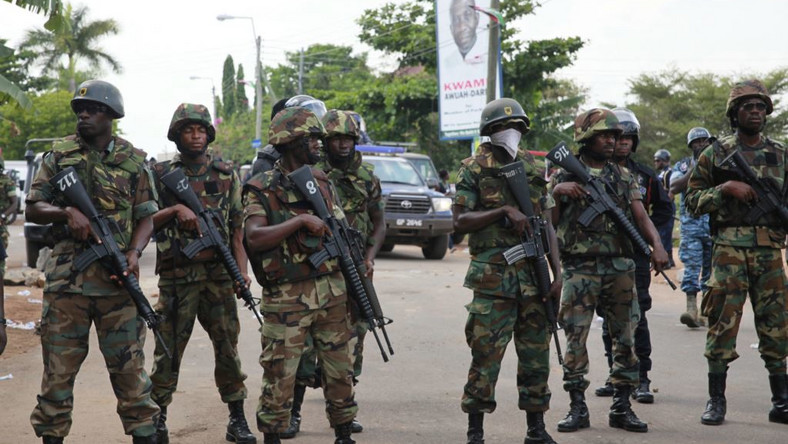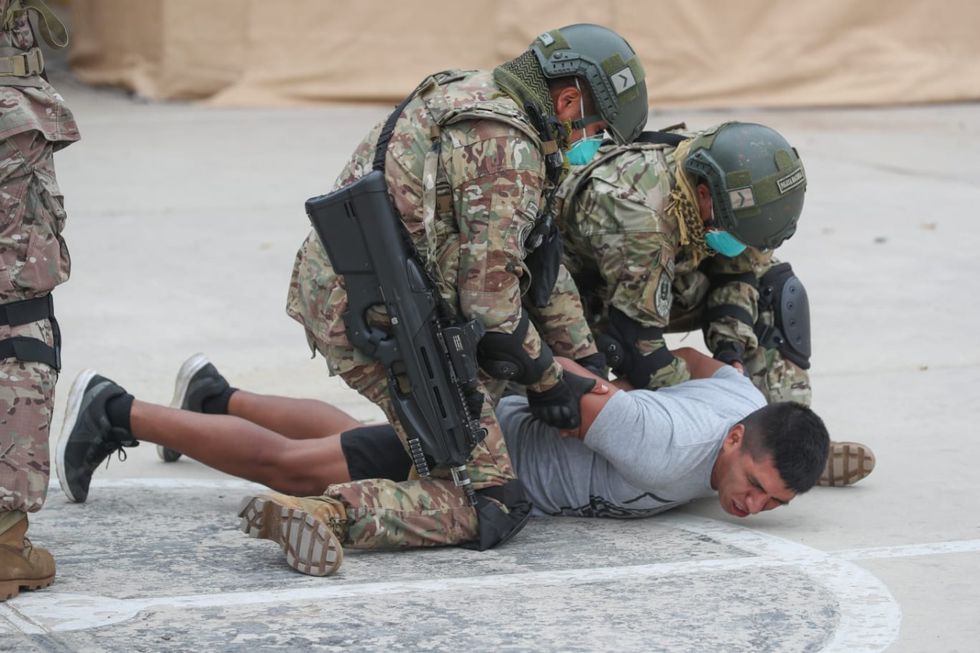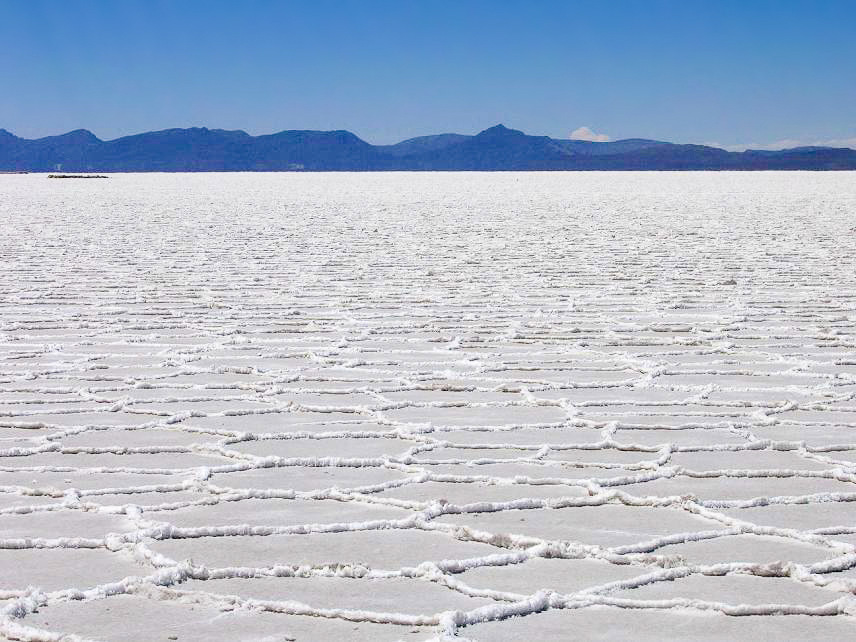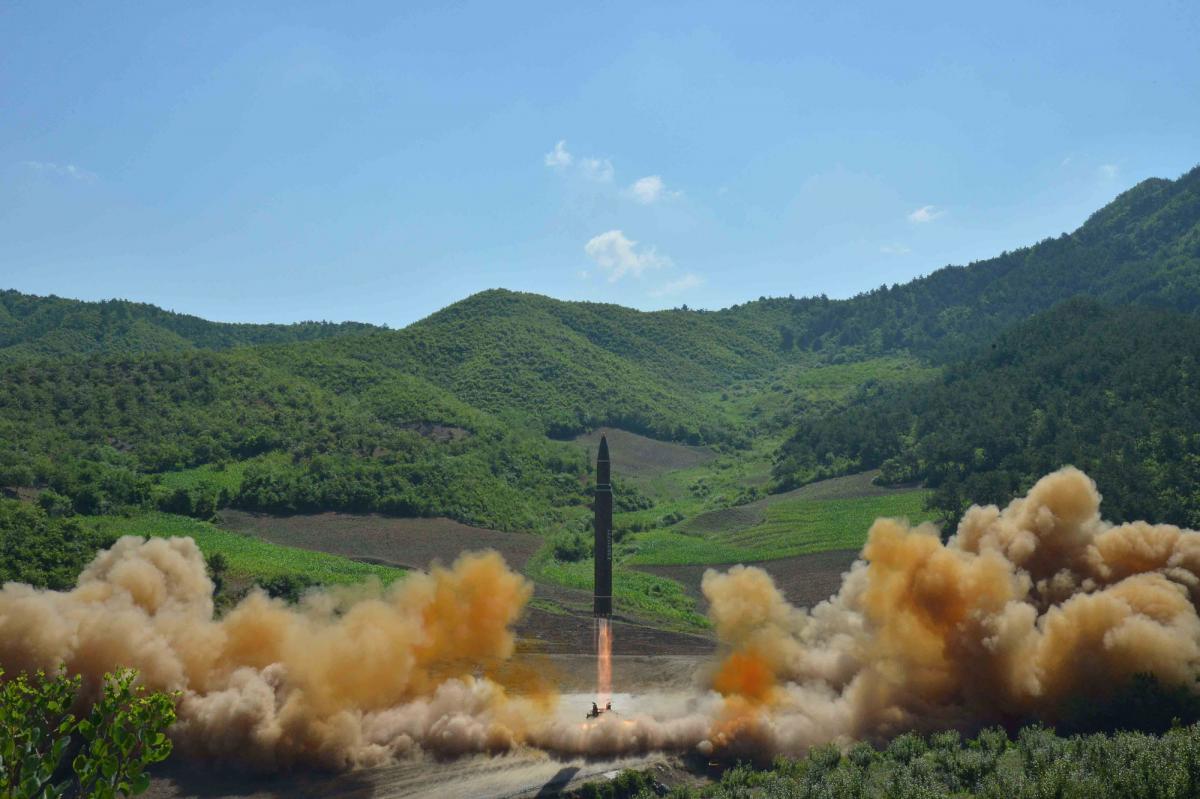
North Korea law authorizes pre-emptive nuclear strikes
North Korea passed a law enshrining its right to launch pre-emptive nuclear strikes. According to the official Korea Central New Agency (KCNA), the law states that “if the command and control system of the national nuclear force is in danger of being attacked by hostile forces, the nuclear strike will be carried out automatically and immediately.” The KCNA added that “by promulgating a law on a policy of the nuclear forces, our country’s status as a nuclear-weapons state has become irreversible.” The new law replaces a 2013 law that allowed for the use of nuclear weapons in retaliation only. (Photo: MissileThreat)



